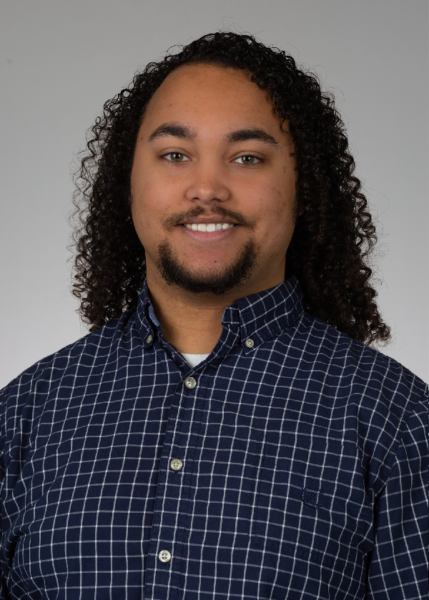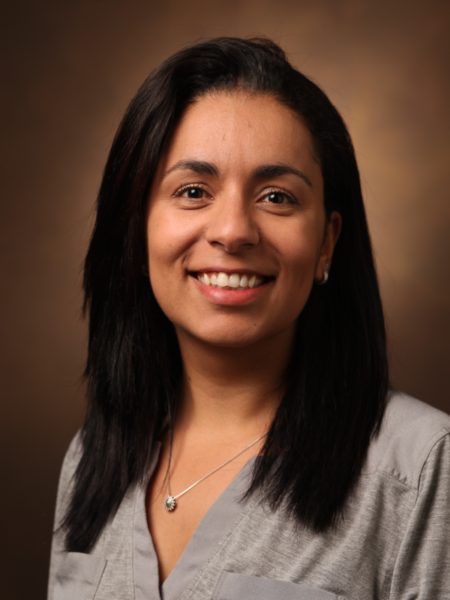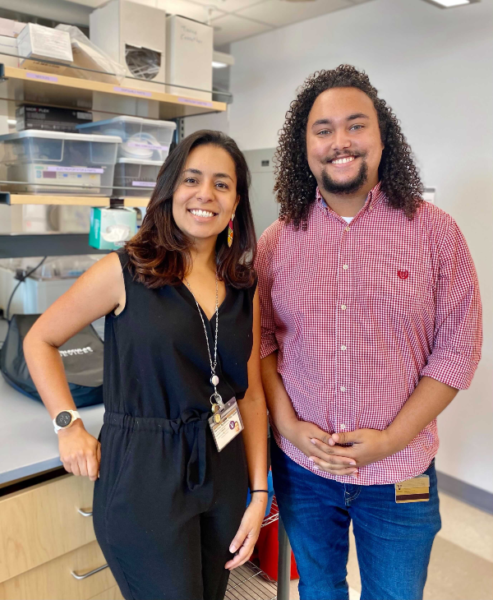
Nicholas Shealy, a doctoral student in Vanderbilt University’s Microbe-Host Interactions Program, has been awarded a prestigious fellowship grant from the Howard Hughes Medical Institute that advances diversity and inclusion in the sciences. Shealy is one of only 50 students to receive an HHMI 2021 Gilliam Fellowship Grant for Advanced Studies, which provides $50,000 per year for up to three years.
The goal of the HHMI grant program is to ensure that underrepresented students in science are equipped to assume leadership roles in science and science education. Through partnering with faculty and institutions who are committed to advancing diversity and inclusion, awardees work to foster a healthier academic scientific ecosystem.
Early in his career, Shealy sought to make a difference through science. His passion for creating more equitable laboratories and research on the human gut led him to Vanderbilt and his mentor Dr. Mariana Byndloss, assistant professor of pathology, microbiology and immunology.
“It is an honor to be selected as a Gilliam Fellow, and even more so, I can share this with Dr. Byndloss,” said Shealy, who intends to use the funding to support his research, professional development, and diversity and inclusion efforts at Vanderbilt. “I am in awe of being recognized for work I have done outside science and the work I am striving to accomplish. Through this award, I can combine my specific research with opportunities to make labs across the country more inclusive.”
Shealy says that, although research in bacterial metabolisms is sometimes overlooked, it is gaining momentum within the biomedical field to investigate the bacteria for potential therapeutics. The research seeks to understand the mechanisms that bacterial pathogens use to take full advantage of both the human host and gut organisms. Shealy focuses specifically on Salmonella spp. amino acids’ metabolism and how the bacterium overcomes resistance by the commensal gut bacteria, the gut microbiota.
“When we look at different infectious diseases, in essence, we want to understand how the pathogen survives,” Shealy said. “Every organism has needs, and one of those needs is food. When it comes to the pathogen of choice, I am seeking to understand how it gains access to those resources and what it does with them once it obtains those resources.”

This HHMI award also supports the faculty adviser through mentorship training sessions and provides funds for the faculty adviser to support diversity and inclusive practices at the graduate level. Byndloss says that she is ready to connect trainees with knowledgeable mentors who are specialists in their fields and trained to navigate potential diversity and inclusion concerns of students in their labs.
“We started an equity, diversity and inclusion committee within the Vanderbilt Institute for Infection, Immunology and Inflammation last year, where we began working with both students and faculty on how to make everyone feel comfortable talking about the tough subjects we face within laboratories,” Byndloss said. “This funding will allow us to train faculty mentors properly and support our seminar series featuring acclaimed scientists who also have strong backgrounds in promoting diversity and inclusion.”
“Through this award, we will be able to not only support a talented young scientist, but also provide our colleagues with the knowledge on making their labs more inclusive,” Byndloss added. “It will further support the diversity and inclusion initiatives at the university, and we are thankful for their assistance getting this far.”
